I’m Pregnant
We’re here to support you and help you prepare for your baby’s arrival

A health professional has told you that you have a high-risk pregnancy and that your baby might arrive early, or is likely to be born sick.
You’re concerned, your thoughts are running wild and you’re unsure where to turn for support. We know that feeling all too well with many of our team having experienced a similar situation. That’s why we’re here to provide answers to the questions you have but aren’t sure who to ask.

Why will my baby arrive early?
It’s very difficult to predict if a baby will be born prematurely and when it will occur. There are many reasons why babies arrive before their due date including cervical incompetency, bleeding, maternal infection or in the case of a multiple birth. It is however important to remember that for almost half of all premature births, the cause is unknown.
Our ‘A Guiding Hand’ book for families provides information to help you feel prepared and know what to expect when your baby arrives.
Find out more
I’ve been told my baby is going to be born sick…what should I do now?
Tests in utero may have revealed your baby has a chronic condition or illness like cystic fibrosis, down syndrome or one of a number of other birth defects. Hearing this news may be extremely hard for you and your family. Lean on the health professionals, family and our LLTF team for information and support. We support all families that spend time in NICU and/or SCN and also when you eventually transition home – you are not alone on your journey.
Find out more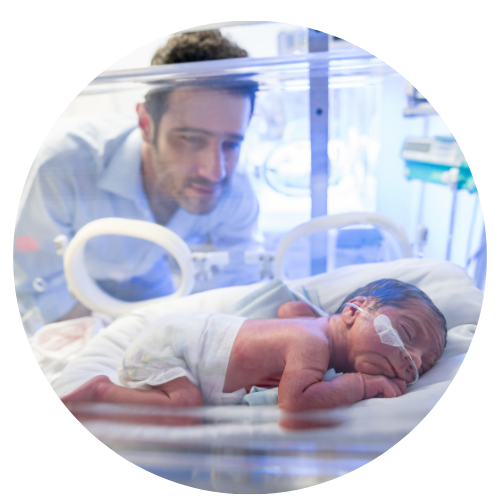

I’m not sure if the way I am feeling is normal
You may have had a vision of how your pregnancy would transpire and being on bed rest or being told you will deliver a premature or sick baby was certainly not part of it. You may be feeling sad, scared, angry and frustrated, among a whole range of other emotions. For some parents, trying to take steps to prepare for the birth stirs up emotions which makes the task too much to handle. All of these emotions and feelings are perfectly normal.
Acknowledge that it is tough and lean on friends and family for support and remember to do what is right for you.
Find out moreWhat can I do in the lead up to my baby’s birth?
If you are feeling up to it, there are several actions you can take to help you prepare.
1. Read LLTF’s guidebook for parents in NICU and SCN
Written by those who have had a premature or sick baby in conjunction with health professionals, our guidebooks contain what you need to know for the journey ahead.
2. Take a tour of the Neonatal Intensive Care Unit (NICU) and Special Care Nursery (SCN)
The NICU is an area that specialises solely in the treatment of newborns. Babies graduate from the NICU to the SCN once they are more stable. Some babies do not need the intensive level of care that the NICU provides, but go straight to the SCN, where the nurse-to-patient ratio is often 1:3 or 1:4.
Read more tips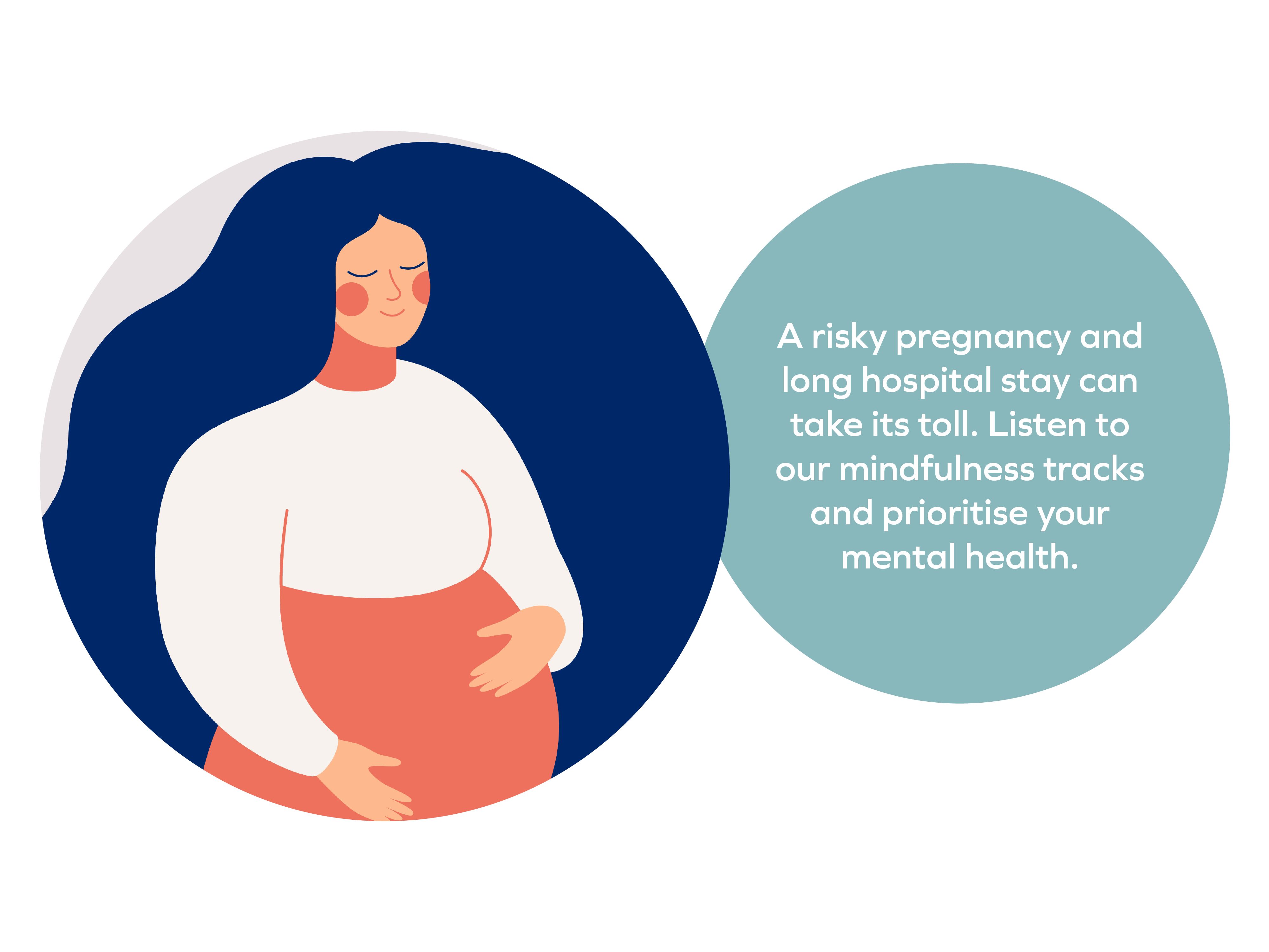
Jaymee shares her thoughts
“As someone who has always been on the go, the sudden shift to bedrest during pregnancy felt like an abrupt halt in my life’s rhythm. The longing to engage in normal pregnancy activities, like celebrating with a baby shower or sharing laughs over coffee with friends was a poignant reminder of the unique path I was on.
This period, while challenging, was a testament to the deep love and care for my unborn child. It’s a journey of patience and introspection, not just a physical pause.”
Jaymee, Mum to Levi, born at 29 weeks


Lorem ipsum
Lorem dolor sit amet, consectetur adipiscing elit. Cras malesuada nisi eu elit congue, quis a liquet neque ornare.
Read more
Lorem ipsum
Lorem dolor sit amet, consectetur adipiscing elit. Cras malesuada nisi eu elit congue, quis a liquet neque ornare.
Read more
Lorem ipsum
Lorem dolor sit amet, consectetur adipiscing elit. Cras malesuada nisi eu elit congue, quis a liquet neque ornare.
Read more
Lorem ipsum
Lorem dolor sit amet, consectetur adipiscing elit. Cras malesuada nisi eu elit congue, quis a liquet neque ornare.
Read more

Kate’s Story
Kate was unexpectedly hospitalised at the Royal Women’s Hospital for 7 weeks and two days when she was 24 weeks pregnant.
Read more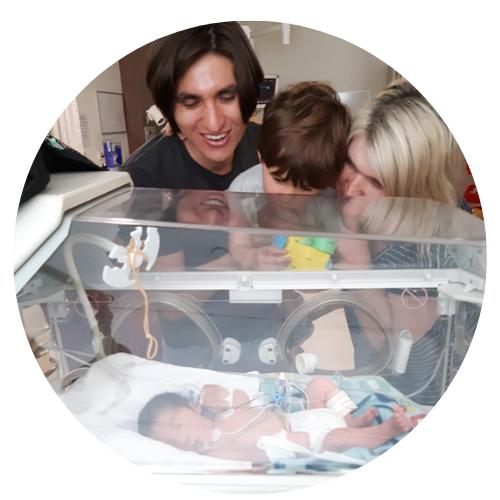
Jen’s Story
After being told she had a short cervix, Jen was terrified. She could not face losing her healthy baby at 20 weeks……..
Read more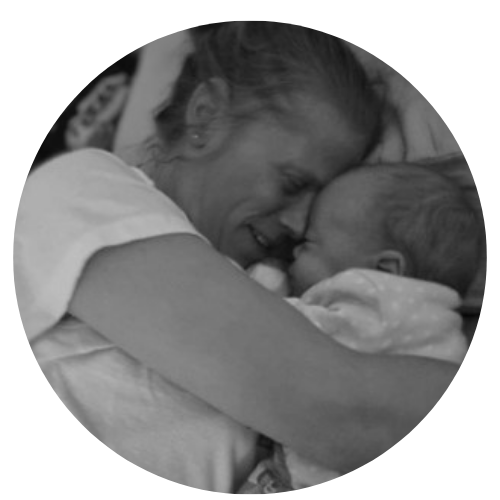
Jaymee’s Story
Jaymee shares her thoughts on the experience of a long bedrest before the birth of her first son, Lev. After a long stay he was born at 29 weeks.
Read more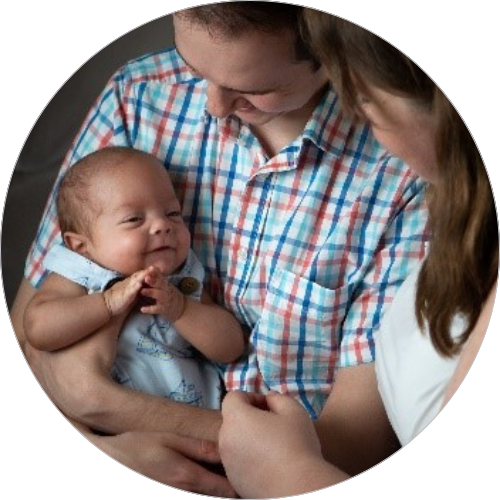
Other Stories
Read more stories provided by families to offer you hope and inspiration at the Knowledge Exchange
Read more